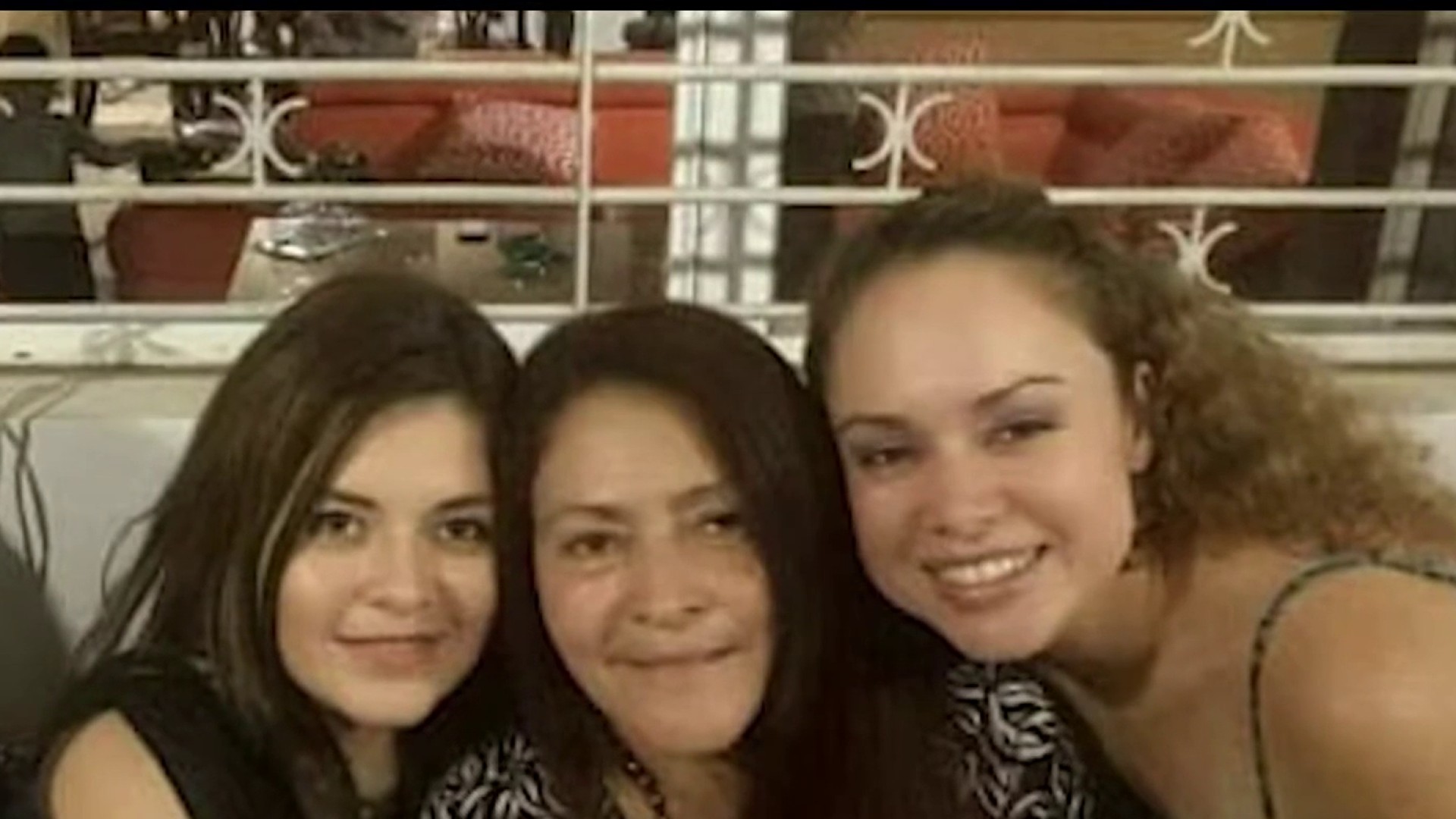Chris Schuhmacher was in his second decade without access to the internet. Such are the rules when you're in prison, serving a life sentence at San Quentin for second degree murder.
But on his road to redemption, Schuhmacher had been able to learn computer coding, and then he found himself with a software assignment from the fast growing online home-booking company Airbnb.
"Even I've heard of Airbnb," Schuhmacher said with self-conscious irony.
So how did a lifer get the skills needed for such an assignment, much less the opportunity?
"The most pivotal moment came when I was accepted to The Last Mile," Schuhmacher said.
The Last Mile is a program to develop business and entrepreneurship skills in prison inmates such as Schuhmacher. It was founded five years ago by two Silicon Valley venture capitalists, the husband and wife team of Chris Redlitz and Beverly Parenti.
"We truly believe a job is the key to successful re-integration," Parenti said.
News
Top news of the day
In April, another 18 inmates enrolled in The Last Mile received certificates of completion at a San Quentin ceremony to which media and potential employers from the tech world were invited. The graduates also showed off the software they developed.
Getting accepted to The Last Mile is not easy. Schuhmacher had pitched an idea for a new web app he called Fitness Monkey to leverage exercise as a tool for overcoming substance dependence, as he had done early on in his sentence.
Then, he had to learn how to code it. And, he did.
The Airbnb assignment for his inmate team was more complex.
"We created our dashboard to be a full stack web app," he declared proudly for the benefit of that portion of the audience that understood what he was saying.
"This facility is the future of incarcerated based educationing," Redlitz said of the former prison printshop now being used for high tech.
A decade ago, at the behest of then Gov. Arnold Schwarzenegger, "and Rehabilitation" was added to the title of what had been known simply as the California Department of Corrections. For short, it's now CDCR.
Pressure to reduce the number of released inmates falling back into crime -- recidivism -- has increased with the steps taken in response to federal court order to reduce prison overcrowding. Under Gov. Jerry Brown, those steps have included measures such as Assembly Bill 109 that "re-aligns" to county jurisdiction some offenders who previously would have been overseen by the state system. Proposition 47 amended the penal code so that certain drug offenses could no longer be charged as felonies, and therefore preclude prison terms. Passed just last November, Proposition 57 has opened new parole opportunities for certain offenders.
There is also money to be saved when released offenders do not return to prison. CDCR figures every inmate costs California $71,000 a year.
"Our No. 1 product is the offender who never comes back," said Chuck Pattillo, general manager of the California Prison Industry Association, which employs thousands of inmates for such jobs as stamping license plates. It is a booster of The Last Mile.
"Amongst our return citizen graduates, we have zero recidivism," Redlitz said.
Another measure of success is employment of parolees. By CDCR's count, over the past decade that increased from 31 percent to 38 percent.
"Together we are breaking stereotypes," said Tulio Cardozo, himself a former San Quentin inmate who returns each day -- by choice -- to serve as a TLM instructor.
"I encourage you to consider these men serious web developers," Cardozo told the audience.
Schuhmacher has been a star pupil. In an emotional moment at the April demo, he revealed it will be his last -- the parole board had found him suitable for release.
"I know the world has changed," Schumacher said, "But I feel well prepared for the days ahead."
Only a few weeks after that graduation/demo ceremony in San Quentin, Schumacher walked out of the prison once again a free man. He now has his eyes focused on Silicon Valley and stays in touch with Redlitz, who said Schuhmacher has been speaking with several companies about career options.



